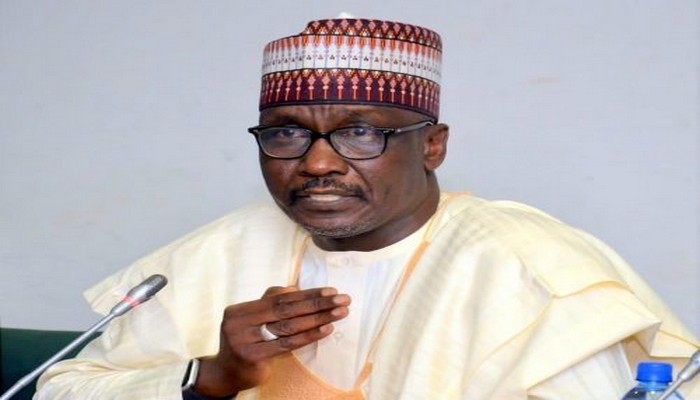
The 150,000 barrels per day new Port Harcourt Refining Company (PHRC) complex is set to come on stream by mid-2025.
This is according to the Group Chief Executive Officer of the Nigerian National Petroleum Company Limited (NNPCL) Mele Kyari who spoke to a select group of journalists at the facility in Rivers State on Tuesday.
Kyari also noted that the old refinery complex which started full operations can feed 200,000 trucks with various products per day.
He said the major challenge that plagued the timely resuscitation of the complex was ensuring a complete overhaul of the machines which are brand new.
The NNPCL chief was accompanied by the Chief Executive Officer of the Nigerian Midstream and Downstream Petroleum Regulatory Authority (NMDPRA) Ahmed Farouk and will conduct a media tour of the facility in the oil-rich state.
Channels Television raised the issue of the bad state of the road to the refinery which will cause serious traffic when trucks begin to ply it regularly.
But Kyari revealed that the Eleme Road has now been included in the tax credit scheme where the NNPC Limited has repaired roads across the country in exchange for some tax waivers.
Earlier, the Chief Corporate Communications Officer of the NNPCL Femi Soneye said truck loading will also commence on Tuesday (today) at the Port Harcourt refinery, adding that the NNPCL is “working tirelessly to bring the Warri Refinery back online soon”.
The commencement of production at the Port Harcourt refinery after a series of failed deadlines.
In 2021, the Federal Government approved $1.5 billion (1.2 billion euros) to repair the plant, one of the country’s biggest refineries which was shut down two years before that.
Despite being one of the largest producers of crude oil, Nigeria has over the years relied on the importation of petroleum products owing to a lack of local refining capacity. President Bola Tinubu in 2023 announced an end to the subsidy regime, leading to a hike in the cost of petrol.’
Credit: Channels TV






